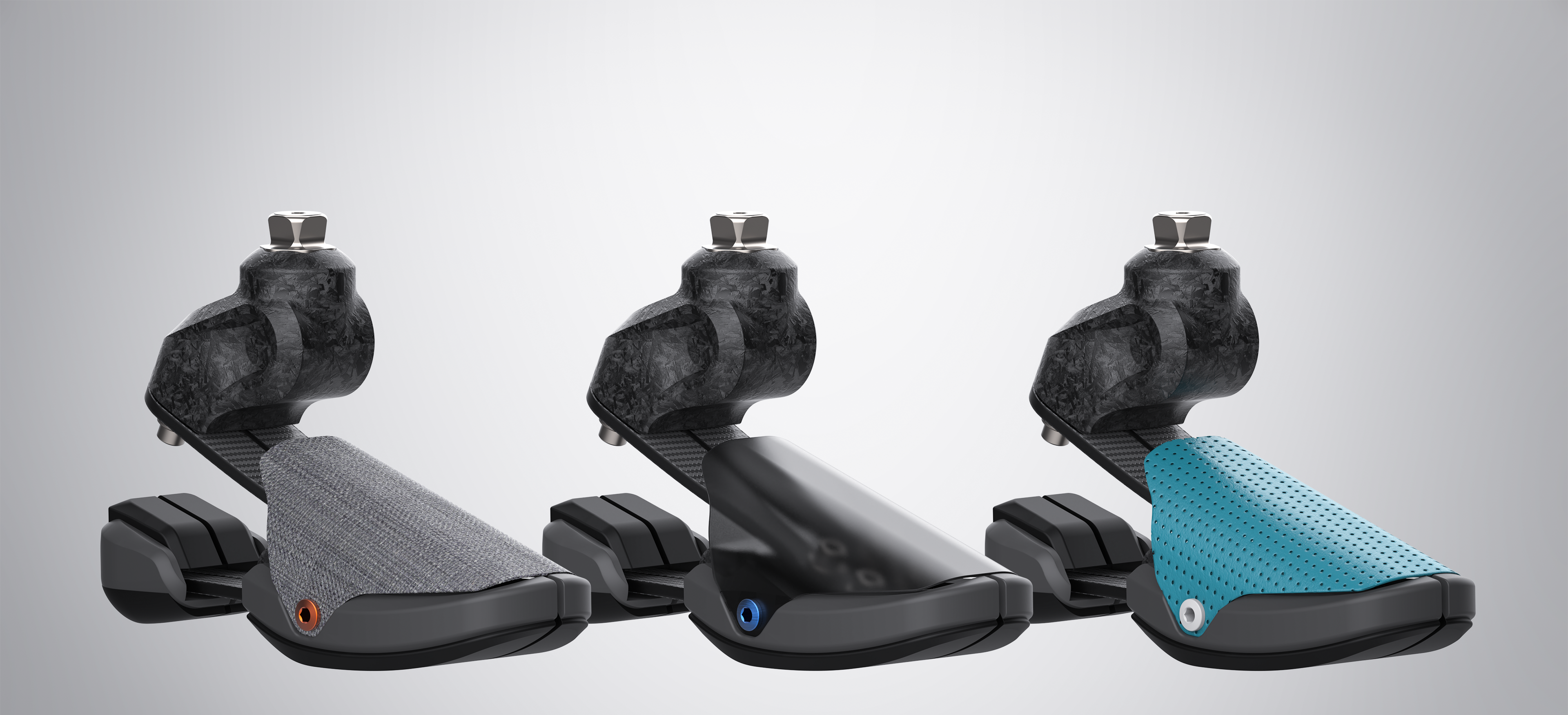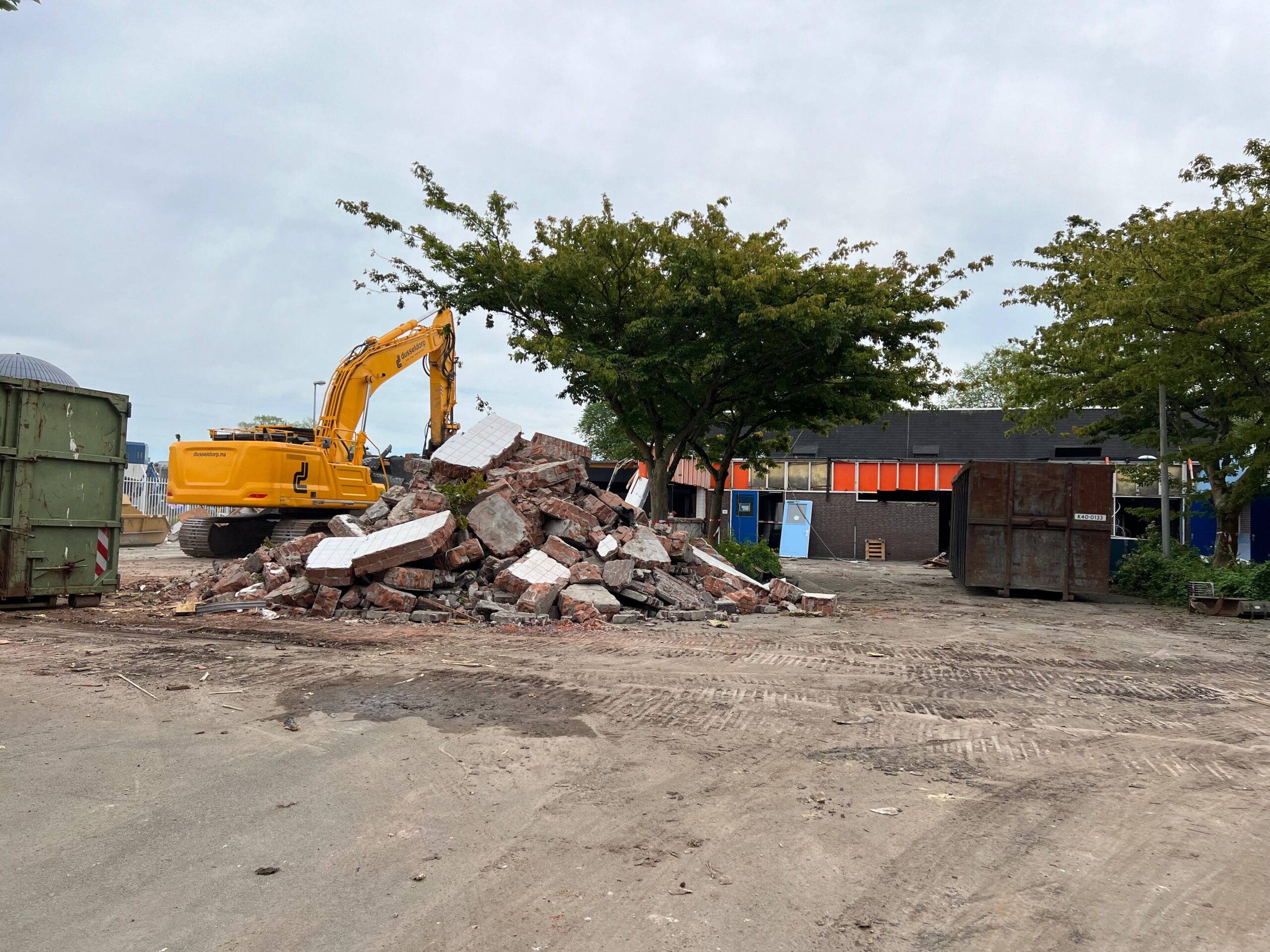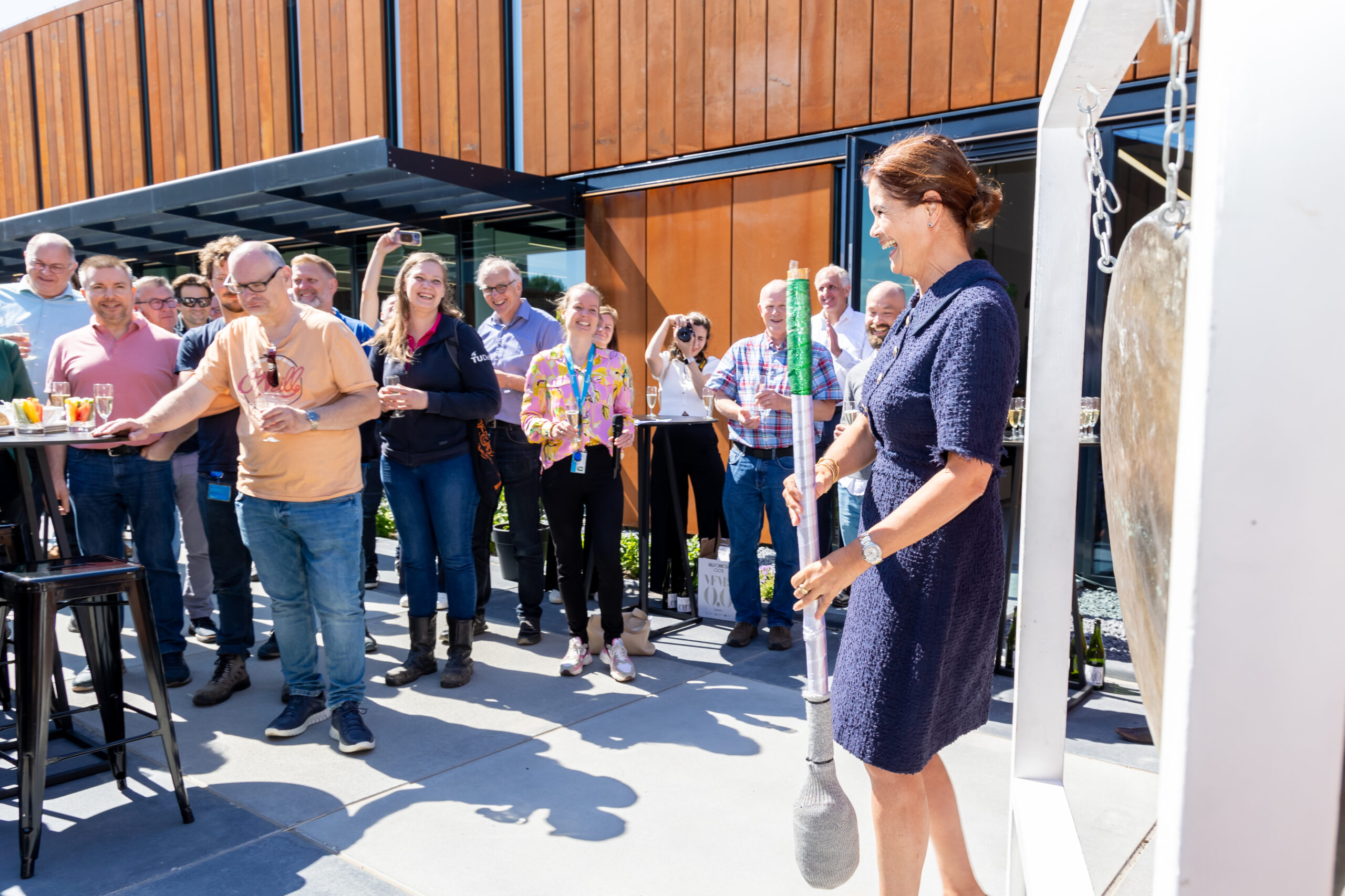A new chapter in the entrepreneurial rollercoaster of Loop! The Delft startup, known for the revolutionary ‘living’ coffin made of mushrooms, is going to collaborate with funeral director DELA. A massive step for Loop that will make their sustainable coffin available to a wider audience.
It is the world’s best recycler, according to founder and entrepreneur Bob Hendrikx, driving force behind Loop Biotech. He is referring to mycelium, the material from which Loop builds their coffins. Once in the ground, mycelium decomposes within 45 days. It converts dead organic matter into new nutrients. In this way the circle of life is complete again, and life is literally returned to the earth.
Sustainable alternative for traditional coffins
The Living Cocoon has been on the market for two years, but until recently it was mainly used for natural burials. That is about to change now that DELA, with four million insured customers and more than 40,000 funerals annually the largest funeral director in the Netherlands, is adding the living coffin to its product range.
It is the next step in the successful story of Loop sofar, which recently managed to attract investors from the popular TV program Dragons’ Den with a capital injection of 1 million euros. Both Hendrikx and Dela are delighted with the collaboration. It is a “unique opportunity to introduce more consumers to a sustainable alternative”, Hendrikx says. For Dela, the Living Cocoon fits in well with the aim of making all funerals climate neutral by 2030.
Approved for cremations
The living coffin was also recently approved for use in cremations. That may sound contradictory, since the special properties of mycelium are lost during combustion. Yet here too, sustainability gains can still be made. Loops coffins grow in seven days and only local materials are used in the production. The trees required for traditional wooden coffins take decades to grow and often have to be imported from distant regions.
Eureka moment in the lab
Hendrikx discovered the special properties of mycelium when he did material research while studying architecture. The eureka moment followed when a piece of mycelium, which he had forgotten to dry, had grown together. It made him realize that if he could keep the material alive, something could be made out of it.
In connection with the TU Delft Campus ecosystem
Loop is firmly rooted in Delft. “Here we are close to the beating heart of TU Delft”, Hendrikx said to us earlier. “This is where we get our ideas, we find connections with other entrepreneurs, graduates and interns. There is a great vibe of pioneering and development here.” Read the full conversation with Hendrikx here.



